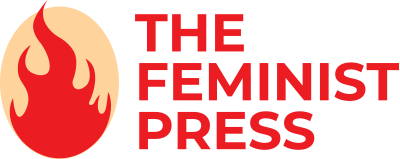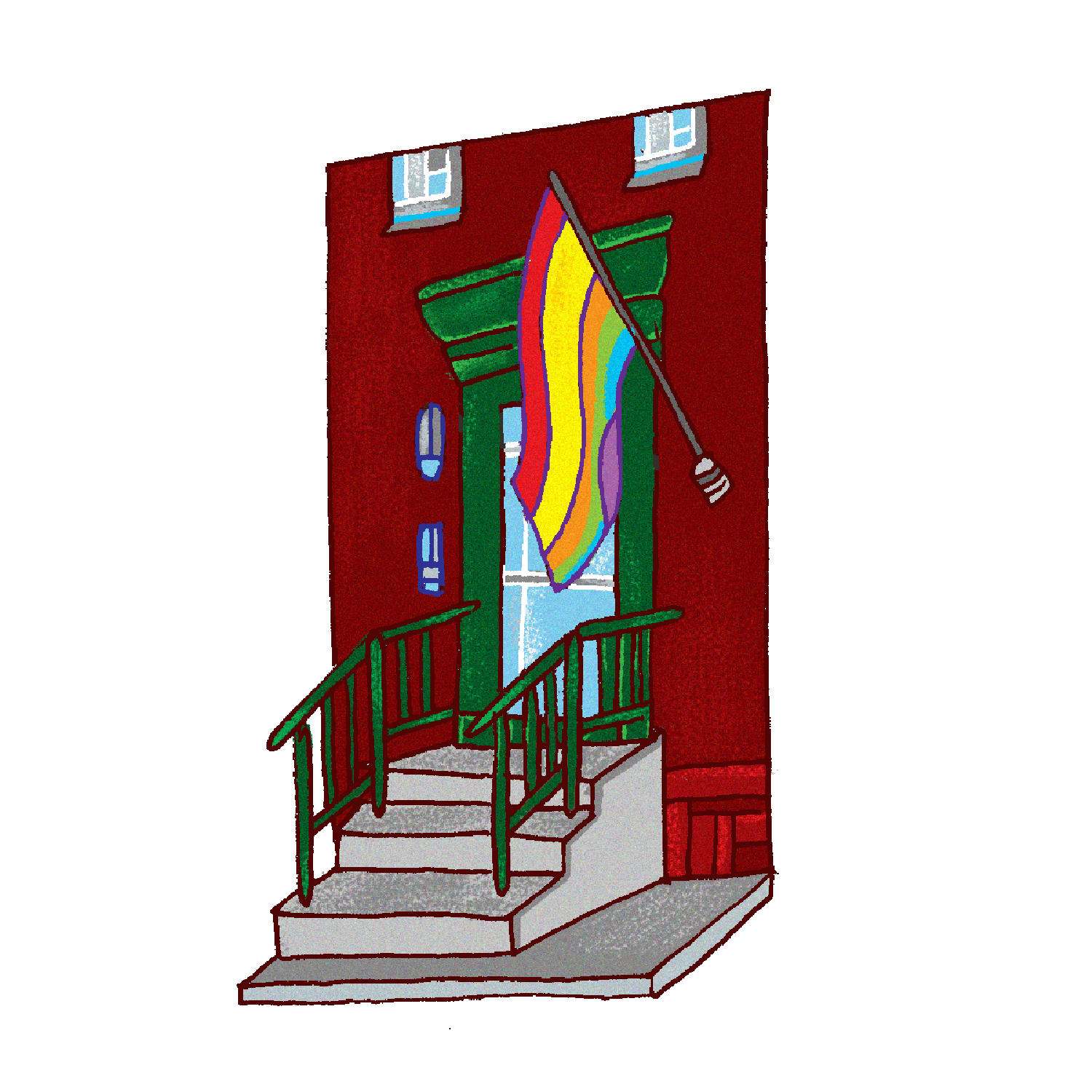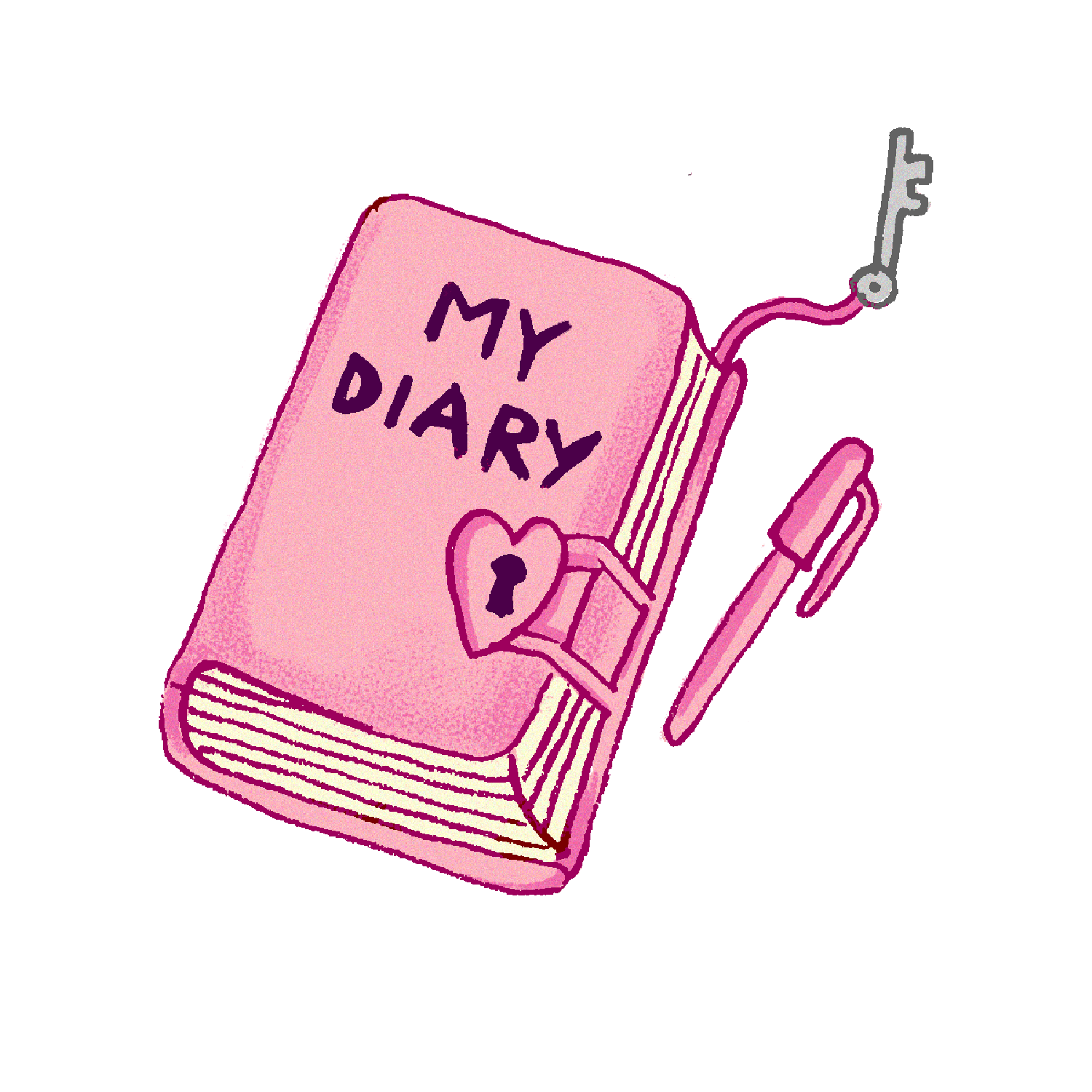Panpocalypse Week Eight: Goodbye
In the midst of the coronavirus pandemic, a queer disabled woman takes to biking through a shutdown New York City in search for the ex-girlfriend who broke her heart.
Click here for Week Seven.
Rest in Power
On the fourth anniversary of the Pulse shooting, during Pride month, the Trump administration moves to remove civil liberties for LGBTQ and disabled communities. He specifically targets trans people and their access to health care.
I sit on my couch and check in with my people: Gina, Picasso, Eurydice. Gina and Picasso say they’re okay. Gina says her insurance won’t change and her surgery will go forward.
“I don’t expect anything from those bigots,” Gina texts. I miss her and wish we could cuddle.
Picasso texts, “Thinking more and more about my people in Brazil and where it’s safer.”
Eurydice doesn’t text back, and I begin to worry all over again that something has happened to her. Maybe this will always be what I do with her.
“I sometimes tell my students that we learn more deeply when we write, and research shows this to be true.”
I make a list in my notebook—as an act of solidarity and mourning, a witnessing, moving from what I can find online to my head, through my hand, and down onto the paper—of all the trans people who have been murdered so far in 2020.
I sometimes tell my students that we learn more deeply when we write, and research shows this to be true. Note-taking by hand, freewriting by hand, anything going from a source into your brain and out your hand, is a learning mechanism. I am trying to learn by way of this sometimes-shaky hand and report back to you.
I know I’m missing people. Let’s just keep track and fight for justice, okay? I don’t need to tell you this. Close to fifty thousand protesters marched for Black trans lives yesterday across the country.
I am not there. I’m writing and packing up my house. I forgot to tell you I’m moving. That will be for the second part of the book. Back to Brooklyn, where I’ve lived most of my adult life except for these eight years in a dorm.
I take Lana out at night. It’s Pride weekend. I keep forgetting that. There’s a drunken dance party in the park across from Stonewall. I circle a few times before going in. A sweet drunk man starts talking to me, his mask down around his chin. I get it. The masks are exhausting. He’s very close. Is he flirting?
“I want to see your face.”
“I want you to put your mask on.”
“I can see your body.” He looks me up and down and I know I’m going to have to leave.
“How old are you?” he asks.
“I’m old, I’m forty-seven.”
“You’re not old, you’re just dealing with some old shit.”
I laugh through my mask. The brilliance of a drunk queen.
“Happy Pride!” I say and ride away.
I like how Lana gets me in and out of places fast. I’m getting used to my mask life. It’s easier for me in some ways. To be protected. I worry for the maskless men in the park across from Stonewall.
I’m getting used to my mask life. It’s easier for me in some ways. To be protected. I worry for the maskless men in the park, but it’s their choice. I’m not going to tell queer people what to do. Straight people, now that’s another story.
The sun is bright in my face. I keep riding in circles, around and around the West Village. I am going to miss it. This place of amazing, disgusting privilege, and queer history. The place where I came out. How important Stonewall has been to me. Mostly outside of it, but knowing what happens there. Christopher Street.
I cry on Christopher Street. Empty storefronts and Pride flags. The sex shop I never got the courage to go into and the crystal shop I love. The glistening Hudson at the end of it. The piers where so much happened. Ruins. Redone. Still queer though. In spite of gentrification.
In less than a week, I will be gone.
A Christmas Carol
TERFs make no sense. Illogical festering. Wounds untended. Creepy dick and pussy obsessions. Jealousy. Hate.
Disabled people who rely on meds like me understand that science can help us become who we are. No one is taking estrogen to become a woman. She is a woman who needs more estrogen. I take synthetic dopamine among other things because I am Orpheus.
My hospitals growing up: Women and Children’s Hospital of Buffalo. The Hospital for Sick Children in Toronto. My parents and I make fun of that latter name. Redundant. The only children that go to hospitals are sick. Duh. Still, that’s where we meet the man who figures out what I need to be Carley. For the rest of my life, I have two amazing neurologists: Dr. Patricia Duffner and Dr. Rachel Saunders-Pullman. I love these women more than I can ever say. Such good doctors. Scientists and researchers. I am lucky my parents had insurance and I have insurance so that I can see them.
When I’m in third grade, I go to the hospital in Buffalo for a week. My parents visit but are mostly two hours away in my hometown. I am miserable and convince myself that they are going to lose me, that I am trapped in the hospital, that I can’t leave. I am there for a week. I cry a lot. Painful tests. Boredom. Bad communication. The worst thing is the spinal tap, which makes me so sick and freaks me out because I don’t know what’s happening.
The night before I’m supposed to be released, the nurses take us to a production of A Christmas Carol. It’s December, snowy cold, the van’s heat isn’t working, but we get there. All the orderlies are these sweet Black men with Afros who carry us around and cover us in blankets. I think of Crip Camp and the intersections between Black counselors from the South and crippled white kids mostly from the city, and that when disabled people occupied the Health, Education, and Welfare building in San Francisco to protest the regulating of 504, the Black Panther Party fed the protesters every day. Trump taking away medical protections for trans and disabled people on the anniversary of the Pulse shooting is cruel of course, but as everyone says, cruelty is always the point.
“Remember, I am Tiny Tim.”
The play is special. I feel it. Remember, I am Tiny Tim. My cuteness as a sick child is a consistent comment. This pretty-little-girl thing and my good-patient behavior probably get me more treats and cookies and doctor love. I will do anything for the love of a good doctor. I want to be cured. I want to be better.
I won’t write about what happened with the pervert orthopedist in the basement. Right in front of my parents, who had no idea. I won’t write about him. I am trying to get up the courage one day to request my childhood medical files. There are videos. So much paper. I was a rare specimen. I started the paperwork a couple of years ago, and then didn’t follow through with the last step to have them mailed. I didn’t feel ready, but I didn’t want them destroyed. I still want the videos and to see all of my misdiagnoses and what my doctors wrote every time. What their interns wrote. Maybe after I publish this exorcism, I will be ready. I am afraid of what’s in there. Afraid to confront that sick little girl.
On stage there is snow! And a flying bed! The theater is dark and warm, and it’s a couple hours of pure hospital escape. Art. Ghosts. Chains. Redemption. The wicked turn good. “God bless us, every one.” Tiny Tim takes a couple of feeble steps. I don’t feel sick in the dark. Like I’m released from my hospital chains. The sound of the chains on stage is especially terrifying and real. The theater falls away and I am in the play. The best theater does that.
One of my most terrible bosses was a Dickens scholar. He made my life and those of my colleagues hell for over ten years. He was rigid, cruel, and cheap like a Dickens villain. He encouraged and ignored the racist, sexist harasser who eventually tried to destroy four of us in court. But we won. The Tiny Tims won. My close friends at work gave him a Dickensian name. For funsies. And then we gave ourselves Dickensian names. Mine is Little Carley Rents Well.
I have a new boss now. I love her. She’s a scholar of Eastern European social movements for change. She praises good work and protects faculty. She’s sensible, never mean. I’m not sure she belongs in any Dickens novel.
I draw on the history of serialized novels. Dickens was the first! He published all of his novels in serialized form. Also The Woman in White by Wilkie Collins and Middlemarch by George Eliot. I fucking love those novels. Here’s a little history. Crime and Punishment! The Portrait of a Lady! Fear and Loathing in Las Vegas! Martin Delany’s Blake; or, The Huts of America! Julia Collins’s The Curse of Caste!
What’s missing from that list, maybe because it’s super queer, is Armistead Maupin’s Tales of the City. And now Panpocalypse.
The serialized novel must move quickly and keep readers in suspense. It’s also created as it’s being read. I’m not that much further ahead of you readers. I like this challenge.
The next day when I leave the hospital, I am allowed to go to the gift shop. I am obsessed with the gift shop, with its stuffed animals, postcards, balloons, and little old ladies who work there. My dad buys me my first diary. When I get home I write in it. It’s small and has a matching pen, and a lock I think is cute but don’t much care about. The key is so tiny and it has a little ribbon string to keep it close to the diary.
My parents ask me to read from it at dinner that night. Of course, I do.
Goodbye
I get an email. “You’ve passed the first round for inclusion in Le Monocle. In a day we will send you instructions for an address in Brooklyn where you will have an interview.”
I wander around my living room in the midst of all my half-packed boxes and garbage, and daydream about touch. A hand on my ass, an arm around my shoulder, someone spooning me or me spooning them. I’m not sure I even want to have sex anymore, just touch, companionship, some people together in a room, maybe hugging or dancing forehead to forehead or cheek to cheek. I’d like to sit on my couch with another adult and watch TV. I’d like someone to cook a meal with me or for me. These are the thoughts of many single, disabled people when we finally get the autonomy to live on our own. We want dignity and we want companionship. The fact that the abled world is just experiencing the need for companionship and care in new ways is not lost on me. It makes me furious actually.
I take a break because my shoulder throbs from the packing. Why do I have so many books? How have I accumulated so much stuff? My kid is a garbage collector and so I am!
I walk out the door of my building and into the park. The lamps are on, a few people sit far from one another on benches. Maskless skater boys clack clack clack against the Garibaldi statue. “He united all of Italy!” my kid used to say of that statue when she was six. She loved that he carried a sword. I think of all the statues that must fall, and that he is probably one of them.
Activists and homeless kids sit in the fountain. The fountain has always belonged to them, and rightly so. Someone is playing a guitar, and the mood is festive, hopeful, determined. There’s no water this year because of COVID, and so the center is a kind of stage. Two teenage girls hug on the little stage, and I’m so happy for them, that they have each other, and get to touch. Maybe they’re a couple? They have matching cat-whisker masks.
I circle the fountain a couple times, trying to take it in, to say goodbye. The way the blue-black cloudy sky peeks through some of the trees. That underneath us is Lenape territory, a community called Sapokanikan, and a waterway called Minetta Creek, which might have come from the word “Manette,” meaning “Devil’s Water.” The Dutch stole the land from the Lenape, and in 1797 New York City purchased part of the land and turned it into a burial ground for the homeless, poor, criminals, and victims of yellow fever. There are likely twenty thousand bodies buried in the park.
Goodbye, Lenape. Goodbye, people who were buried here. Goodbye, fountain. Goodbye, activists.
I walk to the Hangman’s Elm, the big tree on the northwest corner of the park where the dealers hang out. They are busy talking but take the time to say to me, “Smoke, smoke, smoke.” I shake my head and keep walking outside of the park and then back toward my building.
The last person to be hung in the Potter’s Field was Rose Butler, a nineteen-year-old-slave, who set fire to her owner’s residence. No one was hurt and only three stairs were damaged, and still she was hung. There was also a free-Black community nearby called “Little Africa,” and so I consider how close she was to freedom. Rose Butler sounds like a revolutionary to me.
When I get home I lie on the couch and ignore the boxes. I think about the histories I’ve lived on top of for these last eight years and how I don’t want to walk on a grave site anymore.
I miss my kid, who told me she didn’t want to say goodbye to the apartment and the park. “Mama, you do it. You say goodbye for us. Just pack and take me to the new place. Otherwise I’ll get too sad.”
What is the land—native territory, a cemetery, a public space, real estate? Right now, in these protests, we need to unearth it all.
What is a mother but a receptacle for holding feelings? It’s one of the best things I do actually—as a mom, a teacher, a writer. I try to make and hold the space for us. On a couch, in a room, on Zoom, on social media, in essays, poems, and books.
Collectively, I say to you, “This is so hard. I love you. Don’t give up.”












